
Not only are fans taking an interest in the new SM Entertainment girl group aespa but the legal circles are interested in the avatars of the members. The reason is many legal experts are interested in how far the law will be able to protect the avatars from digital sexual crimes (Deepfake) once the group promotes together.
On October 28th, SM Entertainment introduced a new concept to the girl group. Aespa is an international group with Korean members Winter and Karina, Japanese member Giselle, and Chinese member Ningning. The group's main concept is the collaboration between the real world and the virtual world. The group's name aespa holds the meaning 'Avatar and experience' including the English word 'Aspect.'
The four members of the girl group will also be promoting with the ai-versions of themselves as ae-KARINA, ae-WINTER, ae-GISELLE, and ae-NING NING will be performing and participating in various activities with the members.


What is noteworthy is that the avatar characters are based on real people, not just characters. Until now, there has been a girl group consisting of the characters from a game (K/DA). However, SM Entertainment is the only company to release both human members and their avatars modeled after the members at the same time.
However, many netizens have one question: How far will the law protect the avatars promoting a real-life group? In more detail, how far the law protect the idol members and the avatars based on the girls be protected from sexual crimes, and who has the copyrights to the avatars? Avatars can be seen as a creative work in itself. However, these avatars are based on actual individuals, which is raising a complicated problem linked with copyrights and portrait rights.
Kwon Dan, a lawyer from DKL Partners law firm, stated, "If Avatar is a visual character, it is copyrighted by the company that created Avatar." He stated that the avatar's artificial intelligence or the AI system will belong to the company who had created the program as it is a separate field of work.
Kang Jin Seok, a legal counsel for the Korea Entertainment Management Association, also stated, "Basically, it would be a principle for individuals to have rights, but the contract with Karina and her agency may determine the rights to avatar 'ae-KARINA.' The relationship of rights is likely to be set by an exclusive contract or a related subsidiary agreement."

In other words, Karina, a human member, may have the right to distribute profits from contracts with the company. Still, she cannot claim ownership or copyright on the avatar or artificial intelligence because she is only a portrait user, not an avatar maker or creator. However, since avatars made in this way are also a result of commercial use of elements that can be identified with Karina, legal experts say that permission to use Karina's portrait should be based on domestic precedents.
Then what happens after the contract is terminated? If there is a withdrawal member or if the group is disbanded, the members' right to use the portrait or name of the member will be immediately terminated. Therefore, in principle, the company cannot use the members' avatars, either. However, if the use of avatars is viewed only as content without linking them to portrait or publishing rights, the avatars can be used even after the contract is terminated if the company only distributes profits properly. However, copyrights on avatar characters and AI programs belong to the company.
There is another concern that netizens have once the group debuts - the possibility of their exposure to digital sex crimes such as Deepfake pornography. Deepfakes are synthetic media in which a person in an existing image or video is replaced with someone else's characteristics or body parts after using machine learning techniques. Deepfake pornography uses such technology to synthesize the faces of certain characters into pornographic content and then manipulate the content as if it is real. In fact, female K-pop idol members have been targets of such crimes previously. Furthermore, video manipulation is more easily created using machine learning for avatar characters.
The problem is that even if an avatar based on an actual human member becomes a victim of a digital sex crime, it will be difficult to deliver severe punishment on the perpetrators. Article 14-2 paragraph 1 of the Special Act on the Punishment of Sexual Violence Crimes, states that Deepfake Sex Offenses shall be subject to punishment if they are found to be using a person's face, body, or voice in the video, or audio materials. In other words, avatars, not people, are not likely to be recognized as victims.

Lawyer Kwon Dan stated, "Since avatars such as ae-KARINA, ae-WINTER, ae-GISELLE, and ae-NING NING are not human, they do not meet the requirements. Therefore, it is difficult to punish them under the revised law on sexual violence against Deepfake sex crimes."
However, the actual members who have become models of the avatars can be passively be protected. Lawyer Kwon Dan stated, "In the case of threatening a member who is a real person with Avatar Deepfake filming, it can be a crime of intimidation under criminal law, but if direct actions against the victim are not linked, it will be difficult to file a sex crime. Civil lawsuits such as requesting alimony for mental damage are possible."
Lawyer Kang Jin Seok said, "Avatar members are unlikely to be victims of the punishment law, but the above criminal act can be seen as directed toward the actual model, so we can judge whether the crime is committed or not based on this. Also, the member in question may sue the assailant for contempt as a victim."
Meanwhile, as artificial intelligence and avatar technologies permeate popular culture, some point out that social and legal discussions on them should begin. According to a lawyer specializing in intellectual property rights, in Japan, contents based on virtual worlds such as 'Virtual YouTubers' were developed, and various social discussions could have taken place earlier, but in Korea, related content is just being produced. He stated, "To prevent conflicts between the parties, we need to prevent disputes in advance by including clauses on Avatar's rights and the attribution of rights after the contract is terminated."
On the other hand, SM Entertainment stated, "Since it is a new concept group and a teasing stage ahead of our debut, we cannot disclose the details. However, we will take corresponding legal action not only to undermine the honor and rights of the actual members but also to the extent that they are consumed in the wrong form, such as unauthorized use of avatar members."
 SHARE
SHARE
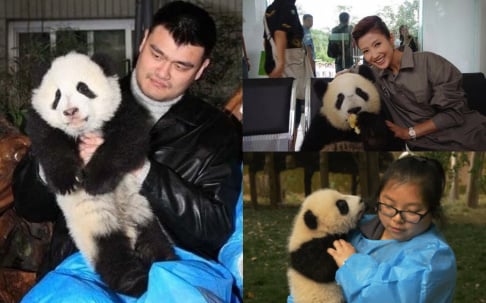
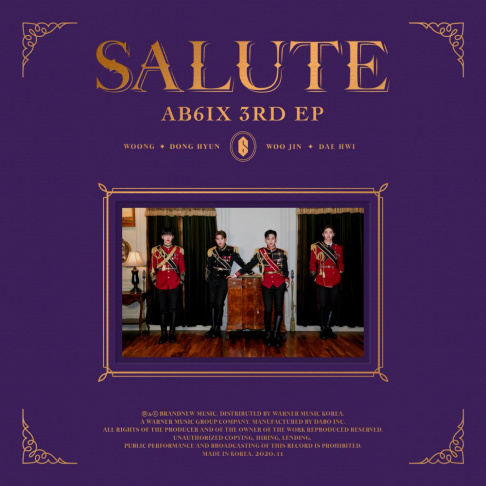

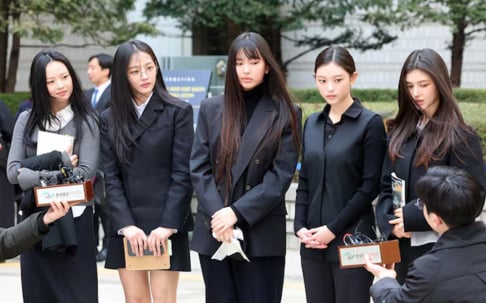
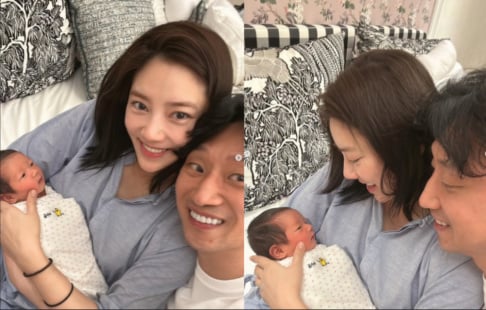


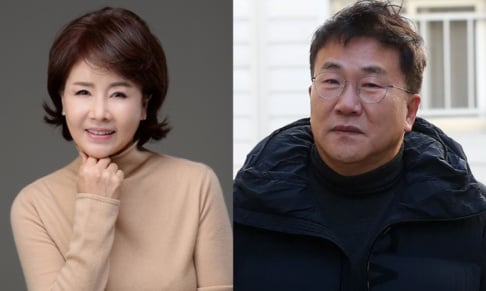


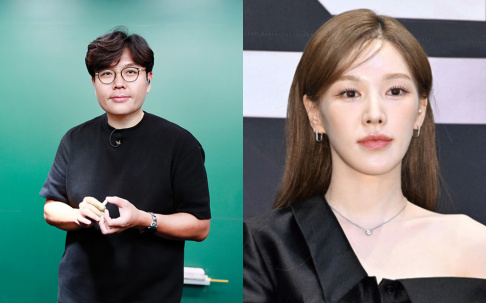


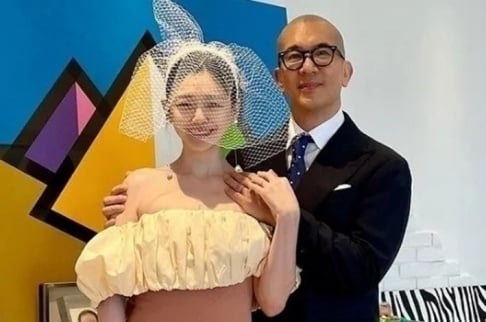
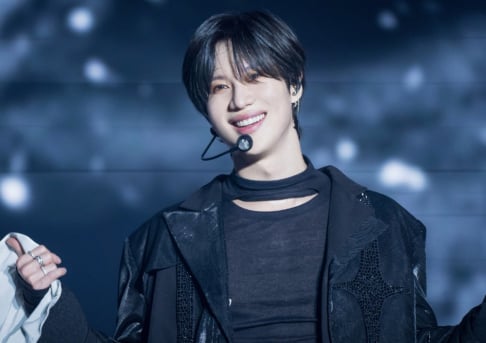







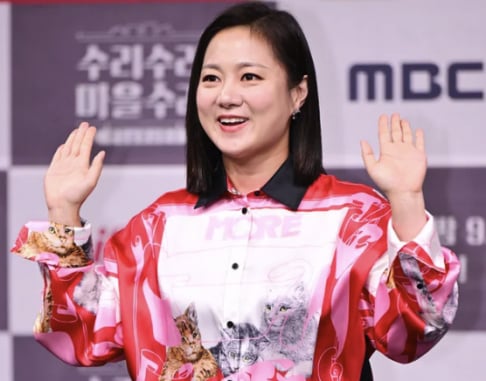




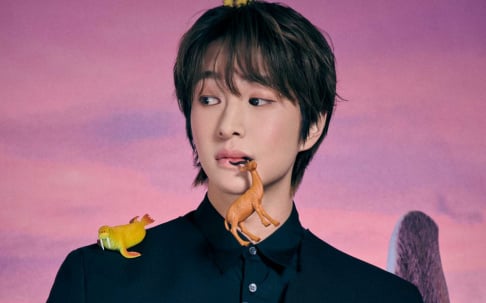

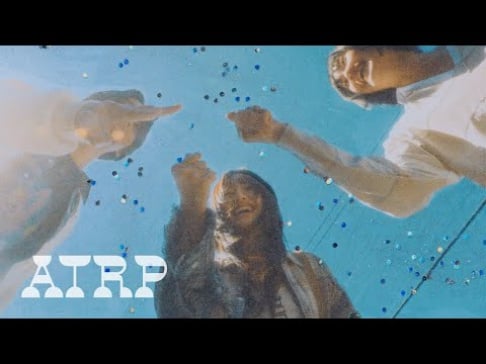
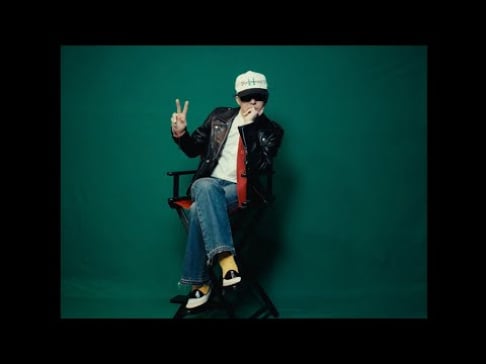


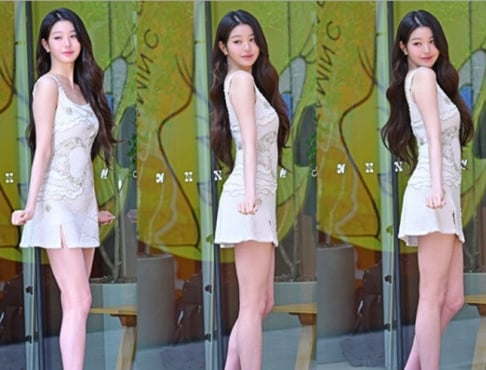
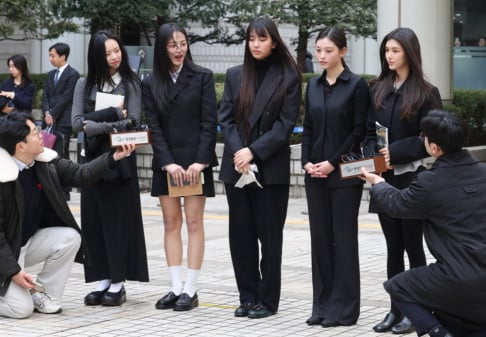







No. The answer is no. And it’s not deepfake. They’re fictional characters whether or not they’re based on real people. Idols without avatars are leased and drawn and fan warped into sexual ways. Rule 34 you can’t stop it and they can’t do anything to fanart especially since no money will be made most the time. Sm won’t do anything. This ridiculous censor to save celebrities garbage needs to stop.
2 more replies